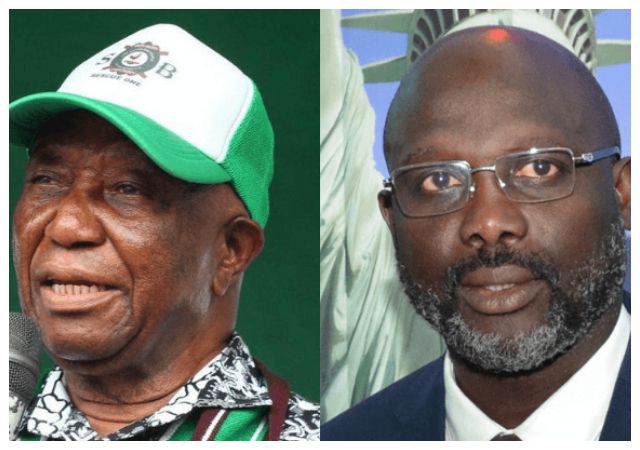

On Friday, November 17, Liberia’s President George Weah accepted his electoral defeat to opposition leader Joseph Boakai, capping a tenure dogged by accusations of corruption.
According to the nation’s elections commission, Boakai, a 78-year-old former vice president who lost to Weah in the 2017 election, received 50.9% of the vote, while Weah received 49.1%.
This result is very different from 2017 when Weah, a legendary soccer player, won in a landslide, according to Reuters.
Since then, frustration has increased because it seems like little is being done to address problems like food insecurity, unemployment, poverty, and unstable electrical supplies.
While conceding defeat, Weah said: “A few moments ago, I spoke with president elect Joseph Boakai to congratulate him on his victory,” Weah said on national radio. “I urge you to follow my example and accept the results of the elections.”
With Weah’s concession, Liberia will see its second democratic power transition in more than 70 years; the first took place six years ago when Weah took office. This is notable in an area where military takeovers have been common, undermining trust in democratic procedures.
As the near-final results were released, Boakai’s supporters rejoiced in Monrovia, a scene that contrasted with the difficult electoral environment in West and Central Africa.
President-elect speaks Shortly after the results were announced, Boakai said: “We have a job ahead of us to do, and I’m excited that the citizens have given us approval. “First and foremost, we want to have a message of peace and reconciliation.” Liberia continues to grapple with the aftermath of two civil wars (1989-2003) and a 2013-2016 Ebola epidemic.

Leave a Reply